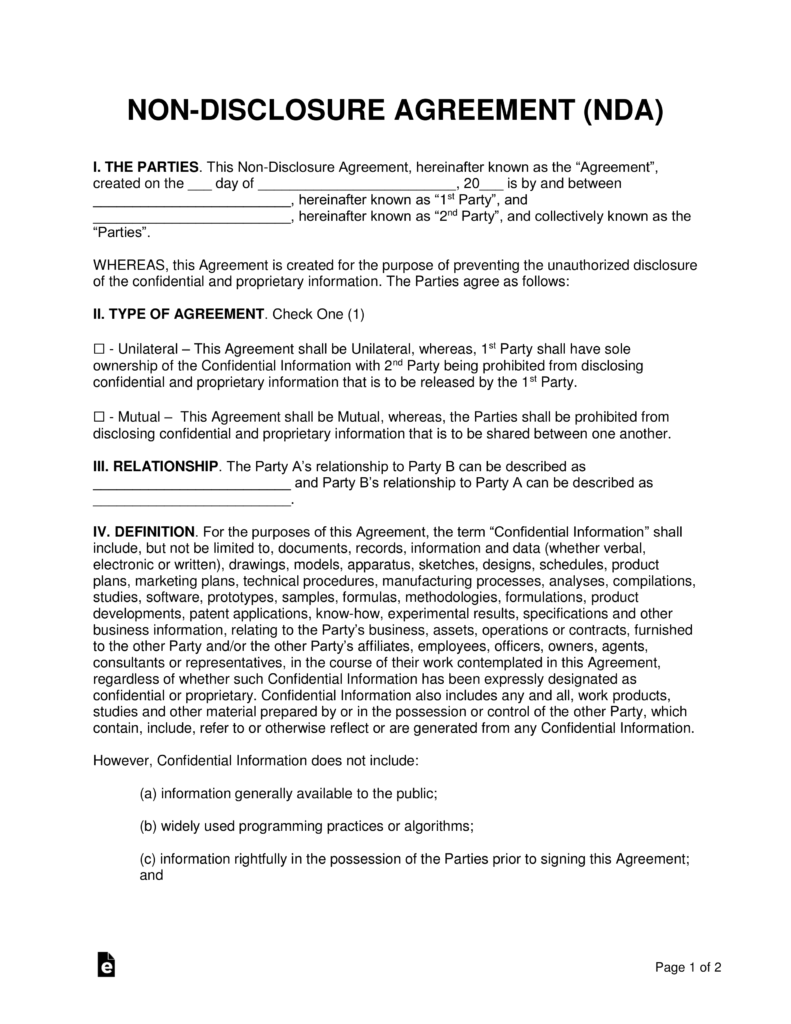Last Will & Testament Form
Use our professionally drafted Last Will and Testament to declare how you want your assets distributed and other matters handled after you pass away.

Create a Document in 3 Easy Steps
1. Get Started
Choose Your Form or
Location to Begin
2. Answer Questions
Complete Your Document in Minutes
3. Download Document
Download and Print your PDF
For use in England and Wales only.
Relax and put your assets in order with our simple and easy Last Will and Testament (Will). Having a valid Will allows you to appoint executors to ensure all your affairs are taken care of by people you know and trust. It also allows you to appoint guardians to look after your children, leave legacies and distribute the rest of your estate to whom you want to benefit. Creating a Will doesn’t have to be complicated. Our Last Will & Testament will ensure you have peace of mind that all your wishes will be taken care of when you pass away.
Last Will and Testament? What is it?
A Will is a legal document that details how a person’s estate(their assets, house and money) should be distributed on their death. It is a clear set of written instructions indicating who should benefit and inherit the estate of the deceased (the beneficiaries) and who is responsible for ensuring the distribution of the assets are carried out in accordance with the Will (the executor(s))
When should I make a Will?
You should use this Last Will and Testament if you are over the age of 18. It is then advisable to review your Will every five years to check to see whether it needs updating.
What is covered in your Last Will and Testament questionnaire?
Our Will questionnaire covers:
- leaving your assets to your spouse or civil partner;
- leaving your assets to your children in equal shares;
- leaving your assets to named beneficiaries in equal shares;
- leaving specific gifts, including money, to your loved ones; and
- appointment of a guardian to look after your children who are under the age of 18.
Why do I need a Will?
It is essential to create a Will if you desire to have your wishes carried out in a certain way after your death. It also helps to protect the people you want to benefit from your estate and helps to avoid any disputes after your death. If you die without a legally valid Will, your estate will be divided using the rules of intestacy These are set out in law and dictate who will benefit from your estate. Primarily this is a spouse or civil partner, then children and, if there are none surviving, it will pass to other family members. This could mean that if you and your partner have lived together for many years, but were unmarried or not in a civil partnership, and you died intestate (without making a Will), they may not get anything.
I am about to get married, why should I note that in my Will?
Generally speaking, any Will made before getting married to a new partner is revoked upon marriage and will become invalid. The exception to this rule, however, is if you explicitly state in your Will that you are due to get married soon, and you want the Will to remain valid after you are married. In this situation, the Will remains valid.
Do I need to indicate who will look after my children in my Will?
You should think about appointing a testamentary guardian if you have children under the age of 18, or are planning on having children in the future. Upon the death of a parent, the general rule is that the child/children will continue living with the surviving parent. If the child/children have no surviving parent or the surviving parent is not deemed suitable to care for that child, then the local authority will look at the Will to see whether a testamentary guardian has been appointed. If it is deemed appropriate, a testamentary guardian will take over your parental responsibilities for any of your children if they are under the age of 18. They will care for your children and make essential decisions regarding their education or religious beliefs.
Am I able to leave gifts of money or specific items in my Will?
Yes. Your Will is your instructions and can be as detailed or as simple as you like. You can indicate which assets are given to which individuals, how they are to be shared, and when they should get them. (e.g. your main home is left to your son, your business to your daughter, and your savings to your brother, and a friend).
What is meant by the residue or remainder of my estate?
After you have distributed the specific gifts in your estate and all taxes, debts, and funeral expenses are deducted, what is left is your residual estate or remainder of your estate. If you do not make any specific gifts to anyone, your whole estate less debts, taxes and expenses is classed as your residue.
Should I include my funeral or burial wishes in my Will?
You can express your funeral arrangements in your Will, (e.g. a preference over burial or cremation) however you should note, these wishes do not bind the executors. It can be useful to express your funeral wishes in your Will, but usually, your relatives decide on the funeral arrangements, and ultimately the executors have the final say.
What is the difference between a witness and an executor?
You should name at least one executor in your Will. This is usually a family member or a close friend. It is good practice to have a back-up executor in case your first choice predeceases you or is unable to administer your estate for another reason. Their role will be to carry out your instructions in the Will and distribute your assets accordingly. The executor can also be a beneficiary.
When you sign the Will, it must be witnessed by a minimum of two people over the age of 18 who have no benefit at all under the Will. The witness can be an executor providing they or their wife or partner are not beneficiaries under the Will.
Do I need to instruct a lawyer to create a legally binding will?
No, you don’t need a Solicitor to create a legally binding Will. Provided you:
- are of sound mind;
- are not being unduly influenced when you prepare or sign your Will;
- clearly detail in writing that you are making a Will and how you desire your estate to be distributed on your death, sign your Will in the presence of at least two witnesses at the same; and
- name your executors and beneficiaries
your Will should be legally binding.
What if I want to make changes to my Will?
If you want to make a small change to your Will (e.g. changing the name of an executor), you should use a document called a Codicil. This is a separate document which needs to clearly set out the details of the Will that it is intended to amend, what the amendment is and state it is a Codicil. It also needs to be signed and witnessed in the same manner as when you made the Will. If you want to make substantial changes, it is advised that you consider making a brand-new Will, which would indicate that all previous Wills are revoked.
Last Will and Testament are known as:
A Will.

